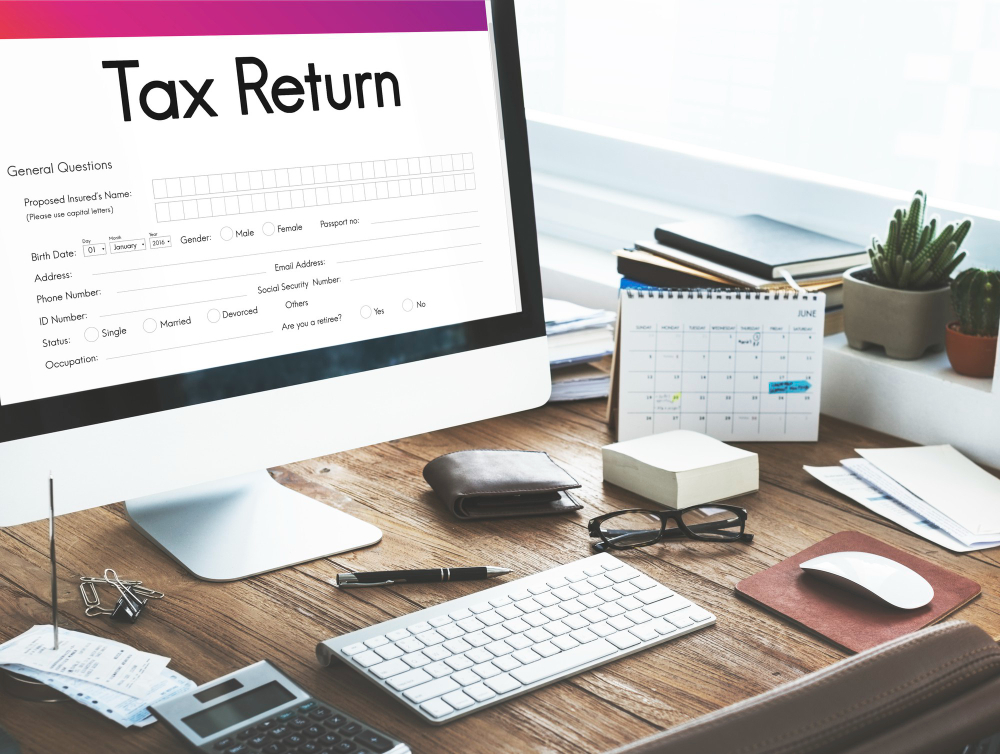Maximizing Your Tax Returns Top Strategies for Efficient Tax Planning

Tax planning is the process of organizing your finances in a way that minimizes your tax liability. There are many different tax planning strategies available, and the best strategy for you will depend on your individual circumstances.
This article will discuss some of the top tax planning strategies that you can use to maximize your tax returns.
Reduce Your Taxable Income
The first step in tax planning is to reduce your taxable income. There are a number of ways to do this, including:
Deducting your expenses. You can deduct many of your expenses from your taxable income, including mortgage interest, property taxes, charitable contributions, and medical expenses.
Taking advantage of tax-free investments. There are a number of investments that offer tax-free or tax-deferred growth, such as municipal bonds and 529 plans.
Deferral strategies. You can defer the payment of taxes on some income by contributing to retirement accounts, such as 401(k)s and IRAs.
Income splitting. You can lower your tax bill by income splitting, which involves transferring income to a lower-tax-rate spouse or family member.
Increase Your Tax Deductions
In addition to reducing your taxable income, you can also increase your tax deductions. This can be done by:
Charitable contributions. You can deduct charitable contributions that you make to qualified organizations.
Medical expenses. You can deduct medical expenses that exceed a certain percentage of your income.
Mortgage interest. You can deduct mortgage interest that you pay on your primary residence and second home.
State and local taxes. You can deduct state and local taxes that you pay, including property taxes, income taxes, and sales taxes.
Business expenses. If you are self-employed, you can deduct many of your business expenses from your taxable income.
Take Advantage of Tax Credits
Tax credits are a dollar-for-dollar reduction in your tax bill. There are a number of tax credits available, including:
The Earned Income Tax Credit (EITC). The EITC is a refundable tax credit for low- and moderate-income workers.
The Child Tax Credit. The Child Tax Credit is a non-refundable tax credit for families with children.
The American Opportunity Tax Credit (AOTC). The AOTC is a tax credit for college tuition and fees.
The Lifetime Learning Credit. The Lifetime Learning Credit is a tax credit for education expenses that are not covered by the AOTC.
Invest in Tax-Efficient Investments
Some investments are more tax efficient than others. For example, municipal bonds are a type of bond that is issued by state and local governments. The interest on municipal bonds is generally exempt from federal income tax.
Other tax-efficient investments include index funds, exchange-traded funds (ETFs), and real estate investment trusts (REITs).
Conclusion
Tax planning can be a complex process, but it is important to take the time to do it right. By following the strategies outlined in this article, you can reduce your tax liability and keep more of your hard-earned money.
FAQs
1. What are the most important tax planning strategies?
The most important tax planning strategies are those that reduce your taxable income and increase your tax deductions. Some of the most effective strategies include deducting your expenses, taking advantage of tax-free investments, and deferring the payment of taxes.
2. What are some of the most common tax mistakes that people make?
Some of the most common tax mistakes that people make include not itemizing their deductions, not taking advantage of tax credits, and not keeping good records. It is important to avoid these mistakes in order to maximize your tax returns.
Read More: The Best Travel Blogs to Follow











